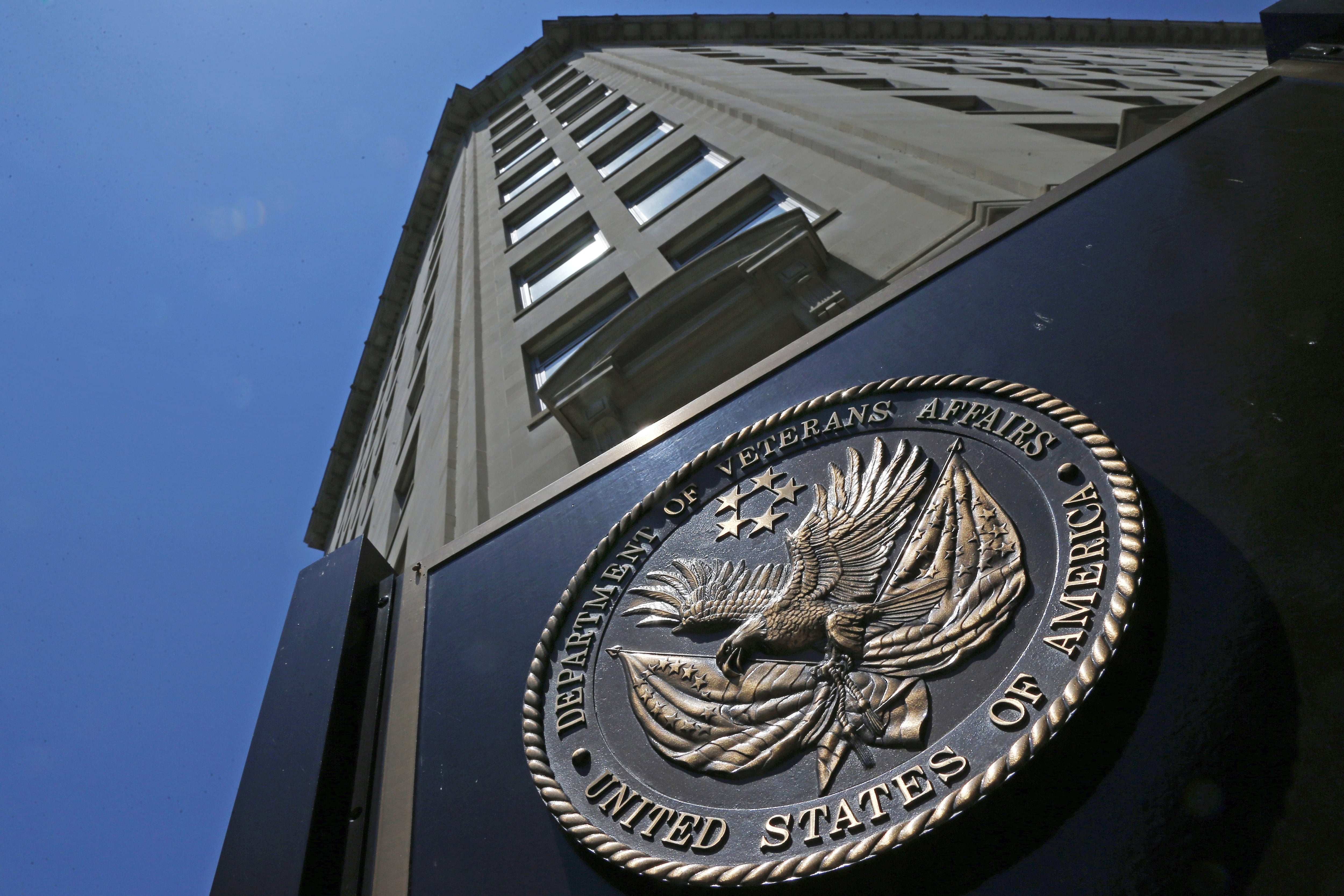The Department of Defense would see a 9% funding boost over fiscal 2022 spending levels — including enough money to fund a 4.6% pay raise for troops next month — under a compromise full-year federal appropriations bill unveiled by lawmakers Tuesday.
The measure is the culmination of a year of budget debates on Capitol Hill and gives the military a multi-billion-dollar boost in funding for fiscal 2023, well above the mark requested by President Joe Biden in his budget proposal last spring.
The $1.7 trillion measure would fund all federal operations through September 2023 and — if passed before Friday night — stave off the possibility of a partial government shutdown right before the Christmas holiday.
In a statement, Sen. Jon Tester, D-Mont., chairman of the Senate Appropriations Committee’s defense panel, called the planned defense funding levels a win for national security.
RELATED

“This legislation will keep America safe by giving our troops a well-earned pay raise, ensuring our servicemen and women are well-trained and well-equipped with the most up-to-date technology and shifting resources toward cutting-edge programs that’ll maintain our fighting edge over adversaries like China and Russia,” he said.
The Defense Department’s total available funding under the plan is nearly $817 billion. Although plans for that funding (including the 4.6% pay raise) were already laid out in the annual defense authorization bill finalized last week, Congress still needs to approve the appropriations measure to deliver the money to federal agencies.
The measure includes $8 billion “to offset cost factors that have increased” since Biden submitted his budget proposal in March. The inflation adjustment includes $1 billion in acquisition-related costs and $3.7 billion for fuel.
Republicans and some centrist Democrats have hammered the Biden administration for underestimating the inflation rate in its budget proposal, and vowed to boost overall defense spending in the final package.
It includes $45 billion in emergency aid for Ukraine and another $11.9 billion for the Defense Department to replenish weapons and munitions already sent there from U.S. stockpiles.
It allocates $31.9 billion for the Navy to procure an additional 12 ships, including three Arleigh Burke-class destroyers, which the White House had opposed. The bill also provides $4.5 billion for two Virginia-class fast attack submarines, $3.1 billion for the first Columbia-class ballistic missile submarine, and $1.1 billion for a Constellation-class frigate.
The omnibus provides $8.5 billion to procure 61 F-35 fighter jets and restore another 19. That’s on top of another $2.1 billion to continue modernizing the F-35 program.
It also includes an additional $2.2 billion for space-related procurement and $602 million for 46 new Abrams tanks.
On the personnel side, the budget deal includes $1.2 billion in additional money for the Basic Allowance for Housing stipend to account for inflation costs and $400 million to offset inflation increases in Defense Health Program operations.
RELATED

Another $479 million would be set aside to implement the recommendations of the Independent Review Commission on Sexual Assault in the Military, a focus of military leadership in recent years.
And $19 billion of the funding total is allocated for military construction, including family housing projects. That’s up more than 27% from fiscal 2022 levels.
In a statement Tuesday morning, Office of Management and Budget Director Shalanda Young called the budget deal an important step forward for the country.
“It will advance cutting-edge research on cancer and other diseases, make our communities safer, deliver for our veterans, support the Ukrainian people, help communities recovering from devastating natural disasters, invest in child care and education, and more,” she said.
“As with any compromise, neither side got everything it wanted, but this legislation is good for our economy, our competitiveness, and our country, and I urge Congress to send it to the President’s desk without delay.”
Leo covers Congress, Veterans Affairs and the White House for Military Times. He has covered Washington, D.C. since 2004, focusing on military personnel and veterans policies. His work has earned numerous honors, including a 2009 Polk award, a 2010 National Headliner Award, the IAVA Leadership in Journalism award and the VFW News Media award.
Bryant Harris is the Congress reporter for Defense News. He has covered U.S. foreign policy, national security, international affairs and politics in Washington since 2014. He has also written for Foreign Policy, Al-Monitor, Al Jazeera English and IPS News.





